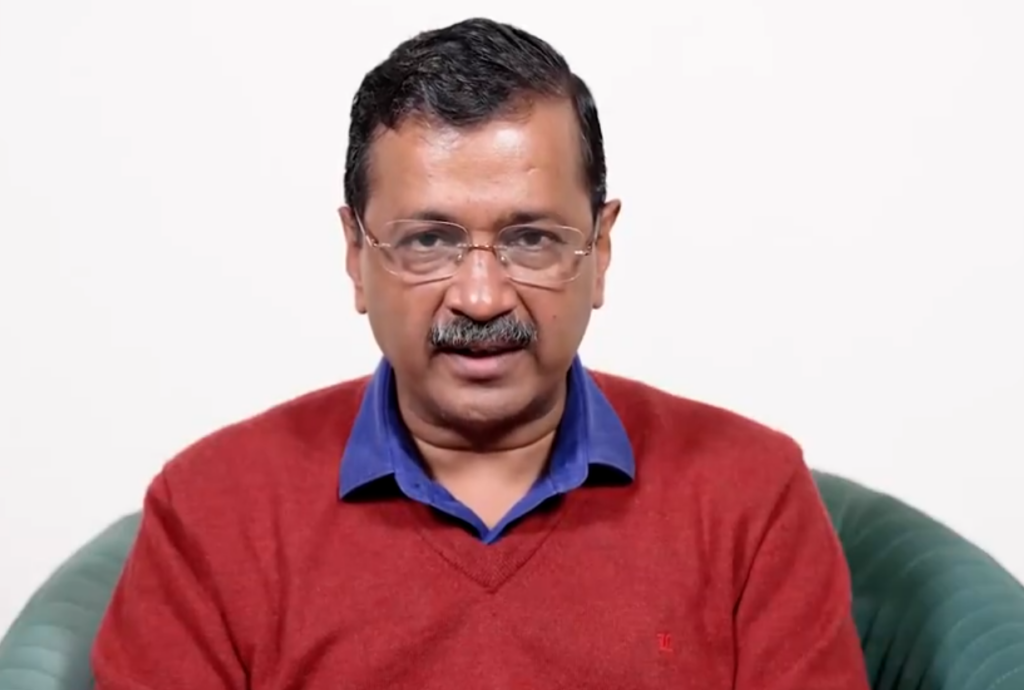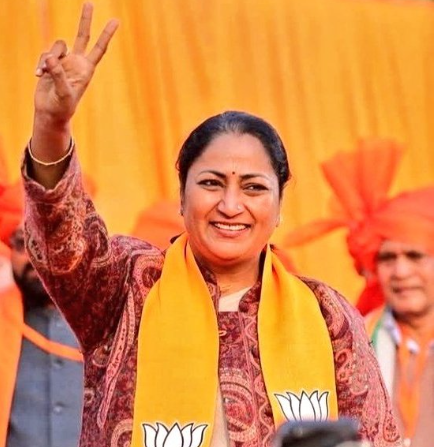Delhi’s political landscape has witnessed significant shifts over the years, largely shaped by the intense rivalry between the Bharatiya Janata Party (BJP) and the Aam Aadmi Party (AAP). This article delves into BJP’s last electoral success in the capital, Arvind Kejriwal’s tenure, the controversial liquor policy scandal, his arrest, the rise of Atishi Marlena, and finally, the return of BJP with Rekha Gupta as Chief Minister.
BJP’s Last Victory in Delhi
The last time BJP secured a win in Delhi’s assembly elections was in 1998 when Sushma Swaraj briefly served as Chief Minister from October to December. Prior to her, BJP leaders Madan Lal Khurana (1993-1996) and Sahib Singh Verma (1996-1998) had also led the state. However, in the 1998 elections, Congress leader Sheila Dikshit emerged victorious and went on to govern Delhi for 15 years (1998-2013).
The political equation changed in 2013 when Arvind Kejriwal’s Aam Aadmi Party (AAP) made a dramatic entry into Delhi politics.
👉 Latest AI Tools and Trends: The New World of Artificial Intelligence – 24 Insight
The Rise of Arvind Kejriwal and AAP’s Policies
Arvind Kejriwal’s AAP made its electoral debut in the 2013 Delhi Assembly elections, winning 28 out of 70 seats. With Congress’ support, Kejriwal assumed office as Chief Minister on December 28, 2013, only to resign 49 days later on February 14, 2014.
AAP made a strong comeback in 2015, securing a historic mandate by winning 67 out of 70 seats. The party retained power in the 2020 elections with another sweeping victory, winning 62 seats.
During Kejriwal’s tenure, his administration introduced several initiatives, including:
- Mohalla Clinics to improve primary healthcare.
- Education Reforms, focusing on upgrading government schools.
- Subsidized Electricity & Water to reduce the financial burden on residents.
- Free Bus Travel for Women to enhance mobility and safety.
- CCTV & Free WiFi initiatives across the city.
However, the party’s image took a severe hit in 2022-23 due to the Delhi liquor policy controversy.

Delhi Liquor Scam: The Turning Point
In 2022, allegations surfaced that the Delhi government’s new excise policy unfairly benefited private liquor vendors, causing significant revenue losses. Investigations led by the Enforcement Directorate (ED) and Central Bureau of Investigation (CBI) uncovered irregularities, leading to multiple arrests.
Key aspects of the case included:
- The closure of government liquor shops and favoritism towards private vendors.
- Allegations that bribes were accepted in exchange for licenses.
- Prominent AAP leaders, including Manish Sisodia, Sanjay Singh, and Vijay Nair, facing legal action.
- Reports claiming AAP received substantial election funding through this policy.
This controversy marked the beginning of AAP’s downfall, culminating in Kejriwal’s arrest.
👉 AI and Chatbots transforming Online Search ? | Future of AI-Driven Search
Arvind Kejriwal’s Arrest and Political Crisis
On March 21, 2024, Arvind Kejriwal was arrested by the enforcement Directorate on charges of money laundering linked to the liquor scam. The CBI followed up with another arrest on June 26, 2024.
Though Kejriwal secured bail from the Supreme Court on September 13, 2024, his government’s credibility had suffered immensely. Facing mounting pressure, he resigned as Chief Minister on September 15, 2024.
Atishi Marlena: A Short-Lived Leadership
Following Kejriwal’s resignation, AAP appointed Atishi Marlena as the new Chief Minister. A key figure behind Delhi’s education reforms, she aimed to restore public trust. However, with AAP’s declining popularity, her tenure was brief.
In the 2025 Delhi Assembly Elections, AAP faced a severe electoral setback, paving the way for BJP’s return to power after 27 years.
BJP’s Comeback & Rekha Gupta as Delhi’s CM
In the 2025 elections, BJP secured 45 out of 70 seats, marking its resurgence in Delhi. Rekha Gupta, a former Mayor of the Municipal Corporation of Delhi (MCD) and a key BJP leader, was chosen as the new Chief Minister.
Rekha Gupta’s Leadership & Key Initiatives
Upon taking office in 2025, Rekha Gupta introduced several policies aimed at governance reforms:
- Enhanced Women’s Safety Measures.
- Improvement of Road & Traffic Infrastructure.
- Revised Electricity & Water Subsidies.
- Stringent Anti-Corruption Measures.

Conclusion
Delhi’s political dynamics have undergone significant transformations. After BJP’s last victory in 1998, AAP dominated for over a decade. However, corruption allegations, particularly the liquor scam, led to its downfall. With Atishi Marlena’s brief leadership unable to salvage the party’s position, BJP made a strong comeback, placing Rekha Gupta at the helm.
The future of Delhi politics now depends on whether BJP sustains its governance or if AAP manages to reclaim public trust.
If you liked this article, please share it and let us know your suggestions so we can continue to improve.